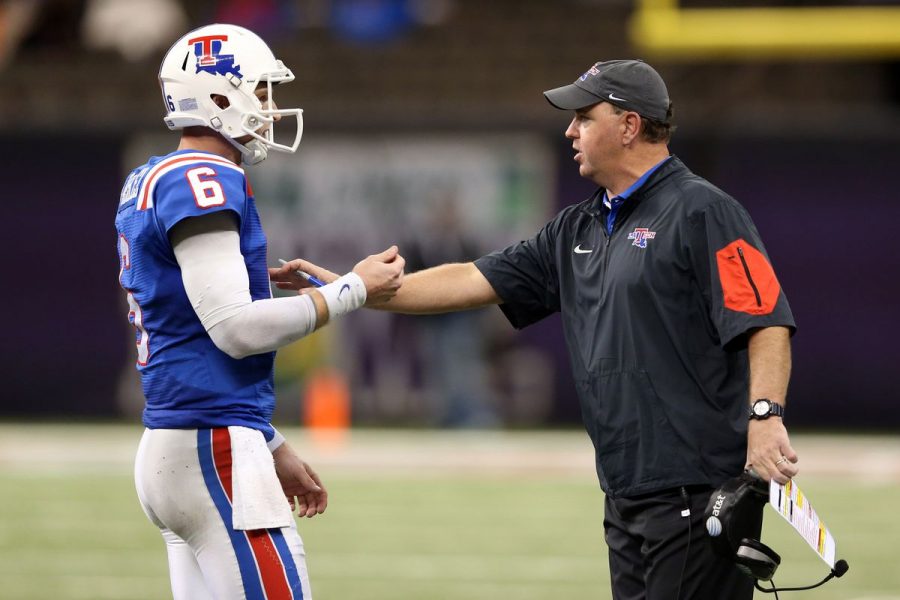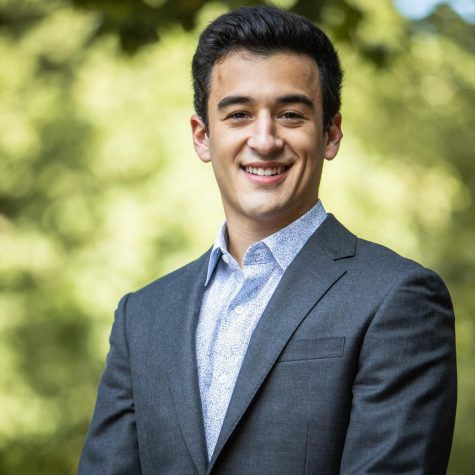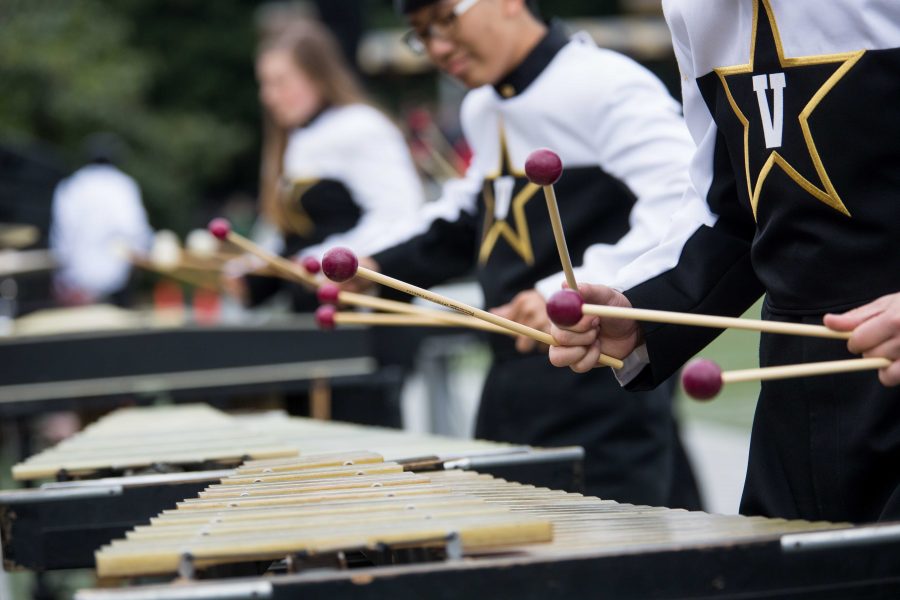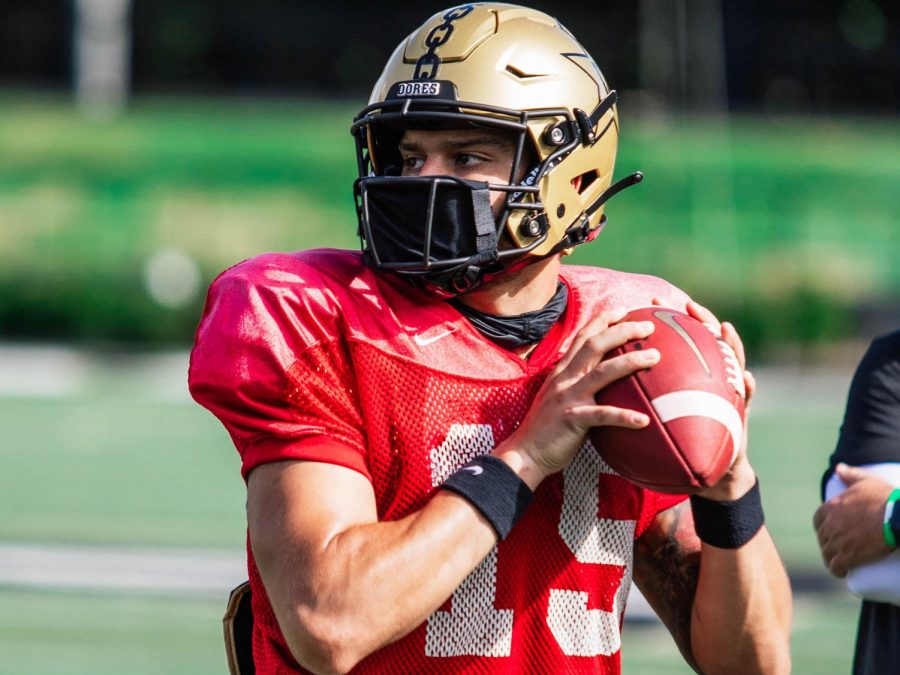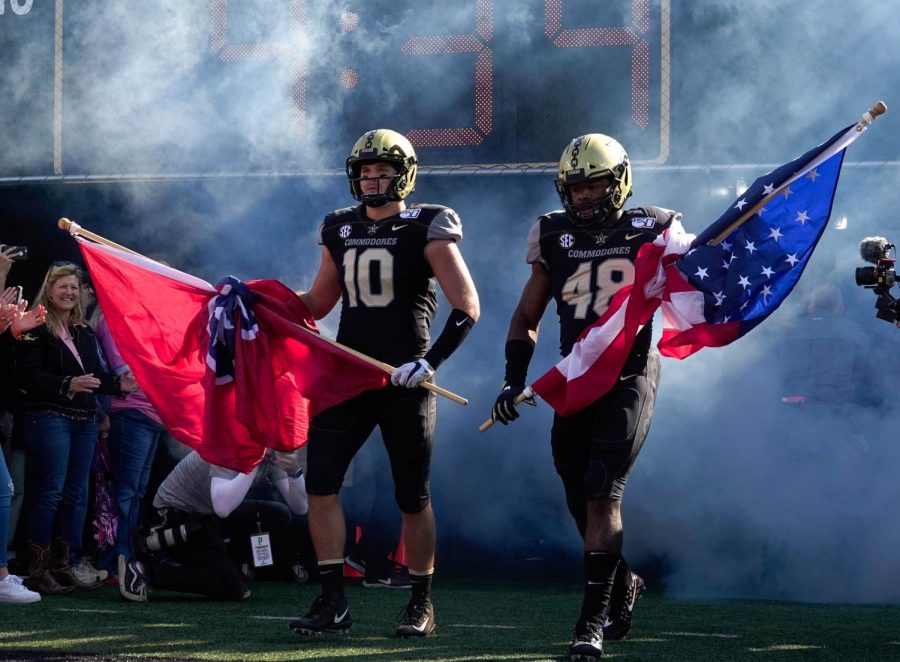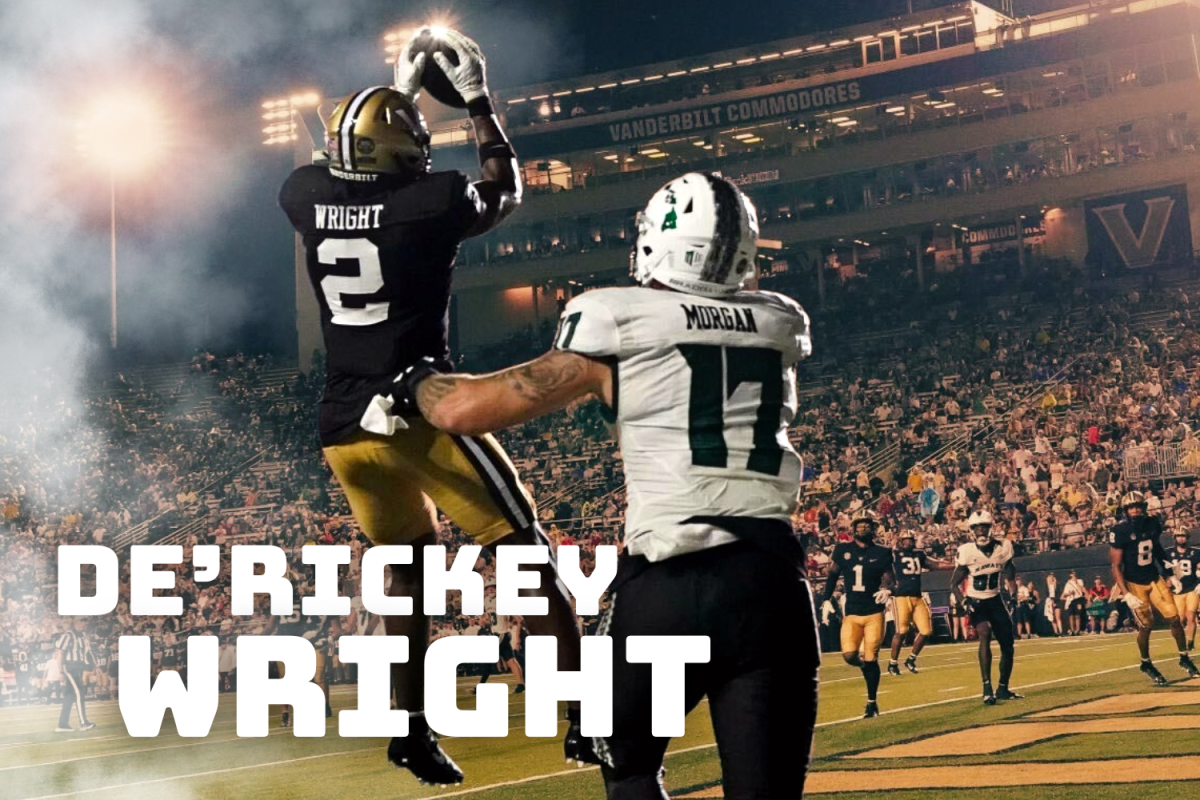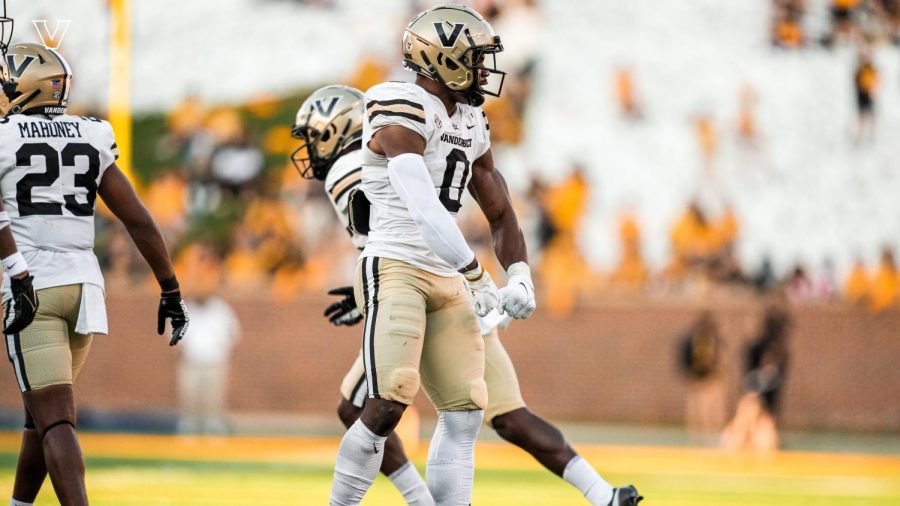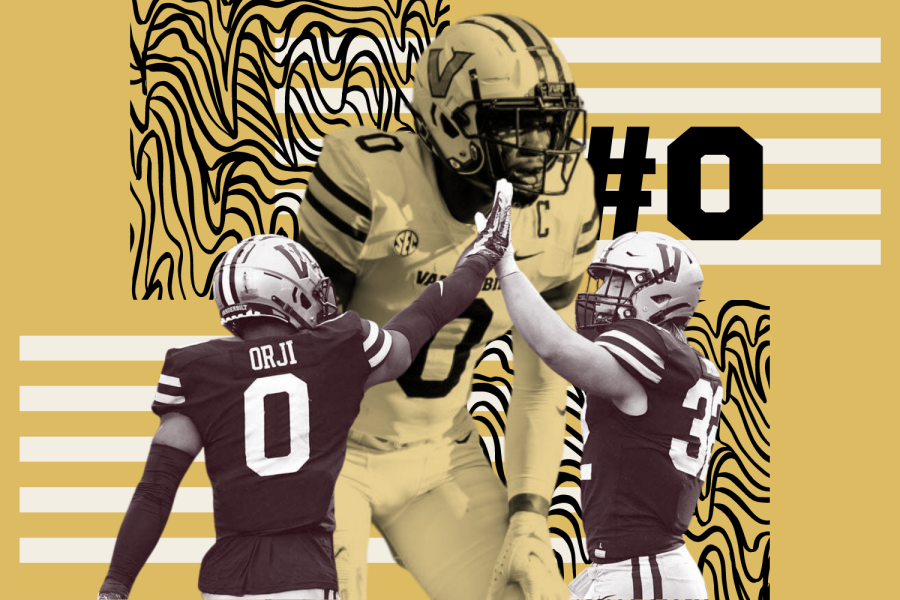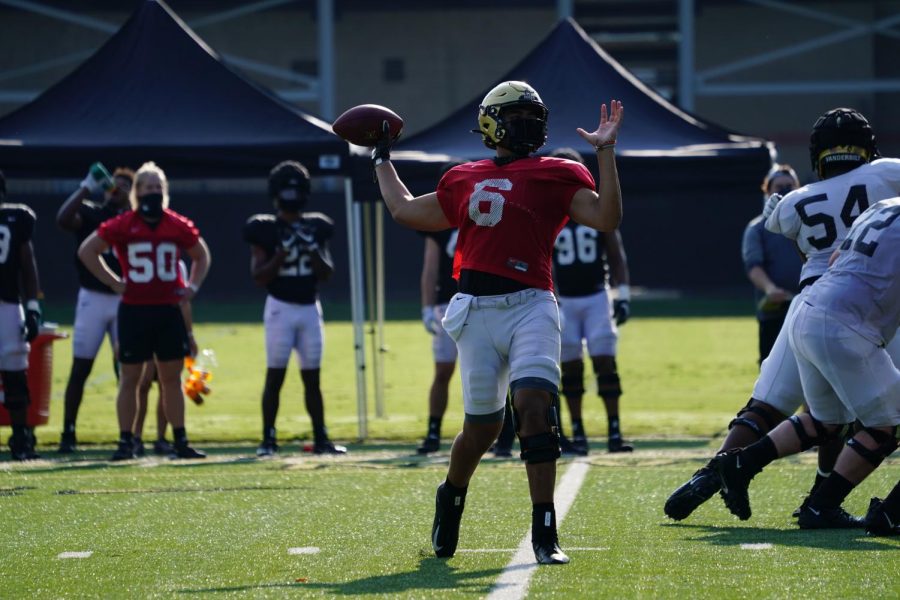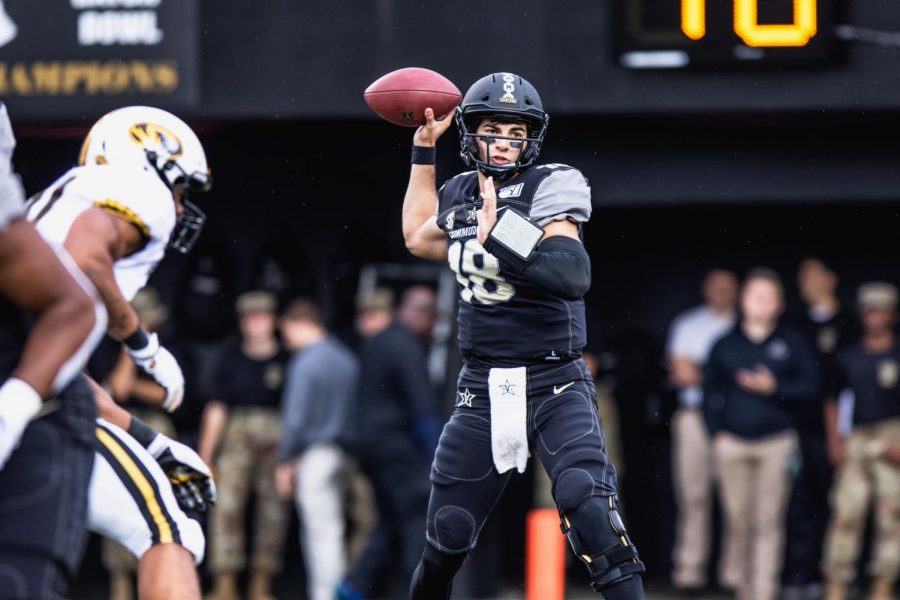Vanderbilt head coach Derek Mason is ready to roll out a completely revamped offense in 2020, and he can only hope that it looks nothing like 2019—a season in which the Commodores ranked last in the SEC in total yards per game (296.7) and points per game (16.5).
So far, so good.
One quick glance at the roster and the offense looks almost unrecognizable. All three of Vanderbilt’s stars, running back Ke’Shawn Vaughn, tight end Jared Pinkney and wide receiver Kalija Lipscomb, have moved on to the NFL. All four quarterbacks, Riley Neal, Deuce Wallace, Mo Hasan and Alan Walters, have either transferred or graduated. Three returning offensive linemen, Cole Clemens, Jonathan Stewart and Bryce Bailey, have opted out due to concerns over COVID-19. In fact, Coach Mason even hired a brand-new offensive coordinator in Todd Fitch to help right the ship.
But when Fitch addressed the media on Aug. 19, he suggested that there would be one key similarity to last season: a quarterback competition.
“We’re giving everybody a fair shot right now,” he said over Zoom. “Those four kids that are here—the two young kids and then the two transfers—we’re giving them all kind of an even look at what’s going on.”
Those four kids are freshmen Mike Wright and Ken Seals, and junior college transfers Jeremy Moussa and Danny Clark.
Admittedly, Fitch hasn’t had much time to evaluate his four options. In years past, the Commodores would be preparing for their first game in just over a week, and the offensive coordinator would have all summer to select a signal caller. This year, COVID-19 yielded practice restrictions and a revised schedule, so Vanderbilt didn’t strap on the pads for the first time until Aug. 17. Their first game is not until Sept. 26.
Given the circumstances, it’s understandable that Fitch has not decided on a Week One starter just yet—or, at least, not publicly.
“We’re gonna figure out how they manage it and then we’ll set the depth chart as this thing goes on,” he continued. “But you can’t replace experience. Whoever goes out there for us is going to have to have some bumps in the road. We have to do a good job of managing that guy. Keep him out of tough situations. But I will say this: They’re all competitive. They’re all very into learning football. They’re football guys, and they’re working well together.”
Fitch may be weeks away from a final decision on the starting quarterback, and if last year was any indication, Vanderbilt may not even make its selection public until the opening drive.
So what do we know?
We know that two of the options, junior college transfers Moussa and Clark, have the experience that Fitch says “you can’t replace.”
Clark, a 6’4” junior from Akron, Ohio, was once ranked a four-star, top-15 quarterback recruit by ESPN. After committing to Kentucky, Clark redshirted the 2017 season. The following season, he hardly played—after registering just two carries for four yards, Clark transferred to Copiah-Lincoln Community College in Wesson, Mississippi.
It’s safe to say things worked out for Clark in Mississippi. Not only did the southpaw find his way back into the SEC, but he did so by throwing for an average of 240.7 yards per game and 18 touchdowns. But Clark isn’t the only first-year Commodore with collegiate experience.
Moussa took a similar route to Nashville. The Chino Hills product initially committed to Hawaii out of high school, but after playing just two games for the Rainbow Warriors, he spent a year at San Bernardino Valley College. Moussa put together an impressive season in junior college, averaging 353.2 yards per game and 37 touchdown passes.
If Fitch opts to go down the experience route, Clark and Moussa will be the two finalists. However, if “whoever goes out there” is truly “going to have to have some bumps in the road,” perhaps Fitch will select a freshman.
Should he choose to roll with a freshman, Wright and Seals will be ready to hear their numbers called.
Seals has been the talk of the town for quite some time. The three-star native of Weatherford, Texas, committed to Vanderbilt in April of 2019, and Commodore fans have longed for his arrival. Seals was an early enrollee, too, meaning he was present at Vanderbilt spring practice prior to the COVID-19 shutdown.
“I’ve been really impressed with him,” Fitch said of Seals. “The short time we had in the spring, fortunately and unfortunately, he got all those reps the three or four days we had. So he showed a glimpse of being really mature, pretty smart kid, picked things up well. … He was well-coached in high school, comes from a very good, competitive state of high school football, as we know. He’s done a really good job.”
But just when Vanderbilt fans thought they had found the quarterback of the future, Mason picked up another commit in December of 2019: Mike Wright, formerly committed to UCF. Wright is nothing like his freshman counterpart; while Seals is a pro-style quarterback, Wright is a more mobile option—quite literally. The four-star recruit was also a track standout in high school.
As it stands, though, there’s been little indication of who’s best positioned to be named starting quarterback. All that Fitch asks of his options is that they maintain a healthy competition.
“That’s the one thing I talked to them about as we took off in the summer. I said, ‘Listen, we’re highly competitive, we all want to be the starting quarterback. That’s great. But the whole key for us is the quarterback room has got to be healthy,’” Fitch said.
“When the quarterback room is healthy, you have a chance to have a good football team.”


